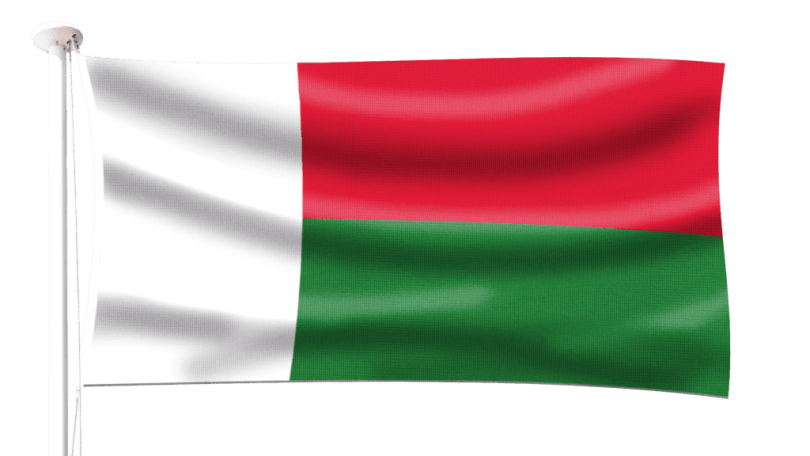Colonel Michael Randrianirina, a senior officer from Madagascar’s elite military unit, is poised to be sworn in as the country’s new president in the coming days following a sudden military coup that ousted President Andry Rajoelina, according to sources familiar with the developments. The takeover marks the latest in a series of political upheavals on the Indian Ocean island, once again thrusting Madagascar into the spotlight over concerns about democratic stability.
The coup unfolded rapidly earlier this week when troops from the CAPSAT (Special Autonomous Commando Paratrooper Company), historically influential in Madagascar’s power struggles, took control of key government institutions. By mid-week, President Rajoelina had reportedly fled the country, although his exact whereabouts remain unconfirmed. The military’s swift action and the subsequent appointment of Randrianirina have raised questions about the durability of civilian governance in the country.
In a nationally broadcast address, Colonel Randrianirina declared that the military had assumed control of the government to “restore order and national unity.” He stated that the current political climate had rendered the civilian administration dysfunctional and that the armed forces had acted “in the interest of the people.” Since assuming control, he has suspended the country’s Senate and High Constitutional Court, and dissolved several other democratic institutions pending what he described as a national “reorganization phase.”
According to the colonel, Madagascar will remain under military rule for a transitional period of 18 to 24 months, after which new democratic elections will be organized. He emphasized that the military has no interest in holding power indefinitely, but insisted that structural reforms were needed before any credible elections could take place. Critics, however, warn that prolonged military governance could further destabilize the country’s fragile political landscape and jeopardize international aid and investment.
The international community has reacted cautiously to the developments. The African Union has called for an emergency meeting to assess the situation, while several Western governments have expressed “deep concern” over the abrupt change of leadership. The United Nations issued a statement urging restraint, the restoration of constitutional order, and protection of civilian rights during the transition. Economic observers note that the uncertainty could impact Madagascar’s economy, already strained by poverty, political instability, and the effects of climate change.
Colonel Randrianirina, previously little known to the public, is now at the helm of a country whose recent history has been punctuated by coups and contested elections. His leadership will be closely scrutinized in the coming weeks as both domestic and international actors gauge whether Madagascar is entering a period of genuine reform—or repeating the cycle of power seizures that has long hindered its democratic development

